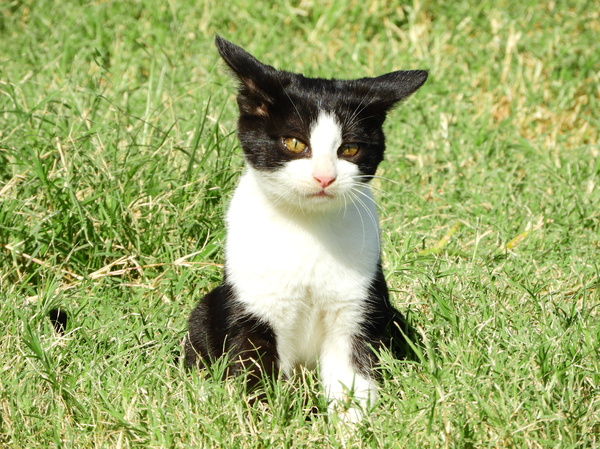Discovering the Hazards: Health Threats Connected With Feline Waste in the Litter Box
Wiki Article

Feline owners are no strangers to the daily task of scooping out their furry friend's litter box. It's a routine job that's frequently overlooked, yet vital for preserving a tidy and healthy environment for both cats and their human buddies. However, what lots of pet owners might not realize is that there are surprise health risks related to the litter box that can pose risks to both human beings and cats alike. From respiratory concerns to parasitic infections, the litter box can harbor a range of risks that need mindful attention and management.
One of the most common health dangers related to the litter box is respiratory problems. Cat litter, specifically clay-based ranges, can contain fine dust particles that end up being air-borne when disturbed during scooping or when cats dig in the litter. These dust particles can be breathed in by both felines and humans, leading to breathing inflammation and exacerbating conditions such as asthma or allergies. Sometimes, extended direct exposure to litter dust can even cause more severe respiratory issues in both felines and their owners.
To decrease breathing risks, it's important to select low-dust or dust-free litter choices and to scoop the litter box in a well-ventilated location. Using a dust mask while cleaning up the litter box can likewise help in reducing exposure to airborne particles, particularly for individuals with respiratory sensitivities.
Another considerable health danger connected with the litter box is the capacity for parasitic infections, especially from Toxoplasma gondii, a typical parasite discovered in feline feces. While a lot of healthy people might not experience signs if contaminated, pregnant ladies and individuals with weakened immune systems are at higher risk of developing severe complications, including birth defects and Robot Litter Boxes neurological disorders.
To minimize the threat of parasitic infections, pregnant females need to prevent cleaning up the litter box entirely and entrust this task to another household member. Additionally, all individuals need to practice excellent health practices, including washing hands thoroughly after managing the litter box or entering into contact with feline feces, to minimize the danger of transmission.
Many commercial feline litters consist of chemicals and ingredients that can position health risks to both felines and human beings. For instance, some fragrant litters might include fragrances or essential oils that can aggravate sensitive respiratory systems or activate allergic responses. Furthermore, clumping litters often contain salt bentonite, a clay material that cat litter box furniture can expand when consumed, leading to gastrointestinal clogs if consumed by cats.
To decrease chemical direct exposure, opt for odorless or naturally-scented litters made from eco-friendly materials such as paper, wood, or plant-based options. These environment-friendly choices are not only cat litter box with lid more secure for your cat's health but likewise better for the environment.
The litter box environment supplies an ideal breeding place for germs, consisting of potentially damaging pathogens such as E. coli and Salmonella. These bacteria can contaminate the litter box and surrounding locations, increasing the risk of infection for both felines and humans. Felines can contract bacterial infections through direct contact with polluted litter or by consuming fecal matter during grooming, while people can become infected through contact with infected surfaces or poorly washed hands.
To lower the danger of bacterial contamination, it's vital to clean the litter box frequently using warm water and mild cleaning agent, as well as to decontaminate the surrounding area to avoid the spread of germs. Furthermore, practicing excellent hand hygiene, consisting of cleaning hands thoroughly after managing the litter box or coming into contact with feline feces, can assist reduce the threat of bacterial transmission.
While the litter box may appear like an ordinary aspect of feline ownership, it's necessary to recognize the possible health risks connected with this apparently innocuous component. From breathing issues to parasitic infections and bacterial contamination, the litter box can harbor a range of threats that require cautious attention and management. By taking proactive procedures to minimize exposure to these threats, feline owners can create a much safer and much healthier environment for both their feline buddies and themselves.